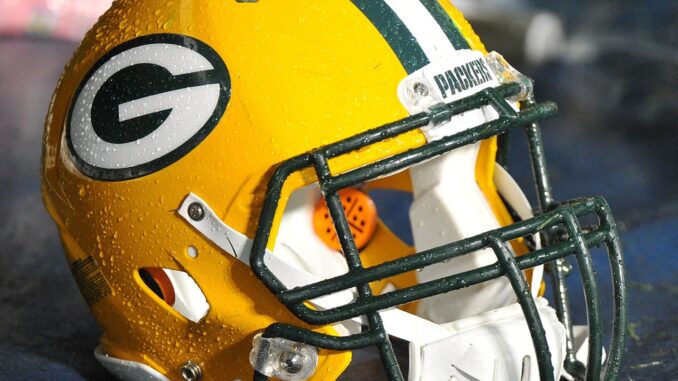
The trade in question doesn’t seem to align with the strategic interests or long-term goals of the Green Bay Packers. Upon closer examination, several factors contribute to the conclusion that this transaction lacks coherence and may not benefit the team in the ways originally anticipated.
To begin with, it’s essential to consider the context surrounding the trade. The Packers are known for their strategic approach to roster management and player acquisitions, often prioritizing stability and sustainability over short-term gains. However, the trade in question appears to deviate from this established pattern, raising eyebrows among fans, analysts, and even within the organization itself.
One aspect that renders this trade perplexing is its potential impact on the team’s current roster composition and depth. The Packers have built a competitive team with a strong core of players who have developed chemistry and cohesion over time. Introducing a new player via trade could disrupt this delicate balance, especially if the incoming player does not seamlessly integrate into the existing system or culture.
Furthermore, the trade may also raise questions about the allocation of resources and the utilization of valuable assets. In professional sports, every trade involves a certain degree of risk, as teams must weigh the potential benefits against the costs involved. In this case, the Packers may be parting with valuable assets, such as draft picks or established players, without a clear guarantee of significant improvement or immediate impact on the field.
Additionally, the timing of the trade warrants scrutiny. Successful teams often make strategic moves during specific windows of opportunity, such as the offseason or trade deadlines, to address areas of need or capitalize on emerging talent. However, if this trade occurs outside of these optimal periods, it may indicate a sense of urgency or desperation on the part of the Packers, which could signal underlying issues or mismanagement within the organization.
Another factor to consider is the potential ramifications of the trade on the team’s long-term competitiveness and sustainability. The Packers have a storied history and a loyal fan base that expects nothing less than excellence from their beloved franchise. Any move that jeopardizes the team’s ability to remain competitive in the long run could have far-reaching consequences, both on and off the field.
Moreover, the trade may also have implications for the team’s financial health and salary cap management. In the NFL, teams must adhere to strict salary cap regulations, which limit the amount of money they can spend on player salaries each year. By acquiring a new player via trade, the Packers may be taking on additional financial commitments that could strain their budget or limit their flexibility in future transactions.
Beyond the immediate on-field implications, the trade could also affect the team’s reputation and standing within the broader NFL community. The Packers are widely regarded as one of the league’s premier franchises, known for their tradition of success and commitment to excellence. However, if this trade is perceived as a misstep or miscalculation, it could tarnish the team’s reputation and erode the trust and confidence of fans, sponsors, and other stakeholders.
In conclusion, while trades are an integral part of professional sports and can sometimes yield significant benefits for the parties involved, not all transactions are created equal. The trade in question appears to be a departure from the Packers’ established approach to roster management and player acquisitions, raising concerns about its potential impact on the team’s competitiveness, financial health, and long-term sustainability. Moving forward, it will be crucial for the Packers to carefully evaluate the risks and rewards of any trade before making a final decision, ensuring that it aligns with the team’s strategic objectives and enhances its chances of success both on and off the field.
Leave a Reply